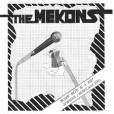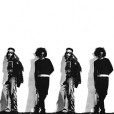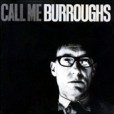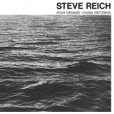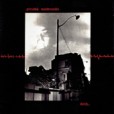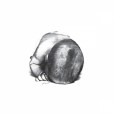Your basket is empty

‘Twelve frenetic bursts of scrapyard detournement, meticulously stitched together with dubbed-out vocals and disjointed drum machines, at the limits of bedroom electronica and DIY. Originally released in 1982 on his own Record Sluts label, in a single run of five hundred copies. Recommended to fans of Suicide, 20 Jazz Funk Greats and early Cabaret Voltaire.’
‘If it is the radical edge of uncompromising hardcore minimalism that you are after, this reissue of Four Organs and Phase Patterns delivers two key examples.
‘‘I am interested in perceptible processes’ Reich had written in 1968. ‘I want to be able to hear the processes happening throughout the sounding music.’ Four Organs is a radical realisation of this goal. Against the steady rattle of maracas, individual tones within a single chord are gradually lengthened. No changes of pitch or timbre occur, and the drawn out nature of the process provoked outrage at some early performances, when audiences found themselves caught up in a decelerating loop, being dragged towards stasis. Phase Patterns, composed a month later, relies on a phasing technique developed during Reich’s earlier experiments with magnetic tape recordings, which he allowed to drift out of sync. Identical figures initially in unison shift out of phase, generating unexpected patterns.’
‘Obviously music should put all within listening range into a state of ecstasy’ (Steve Reich).
Vinyl from Aguirre.
In truth this is just prior to the formation of Liquid Liquid, in 1981. Like a no-wave, Saturnian version of Raymond Scott’s big band. The punks at the London Musicians Collective would have loved them.
LI played various NYC lofts and clubs, including Tier 3, Mudd Club and CBGB. Audience members were encouraged to bring their own instruments along. Idiot Orchestra was an offshoot involving more than a dozen players — clarinet, saxophone, trumpet, violin, cello, synth, bass, marimba and drums.
With a fanzine featuring rare photos and a new interview with Richard McGuire.

